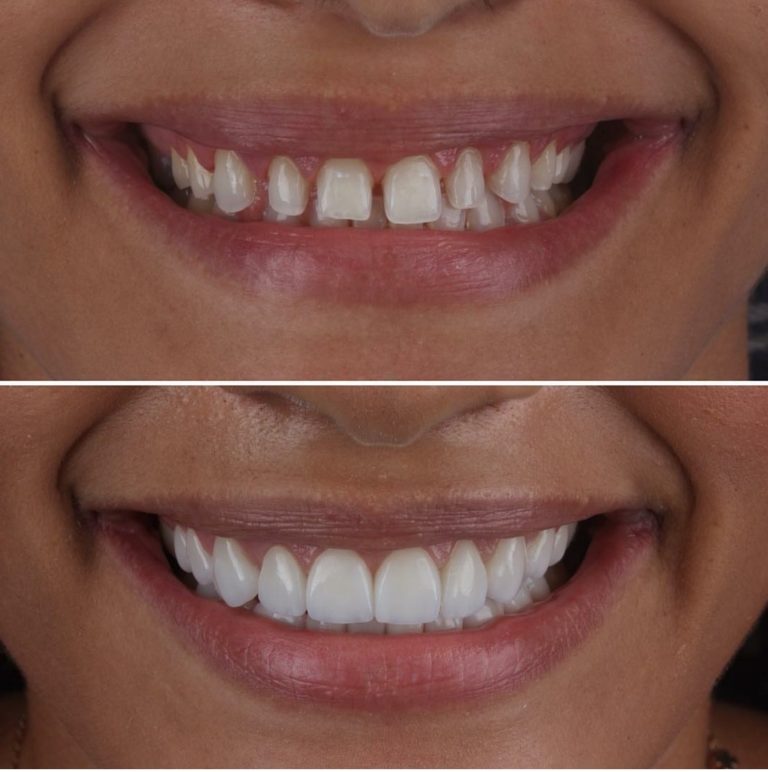Dental Implant Allergy: Symptoms & Solutions

The increasing popularity of dental implants as a reliable and long-lasting solution for missing teeth has led to a growing concern about potential complications, including dental implant allergy. While rare, an allergic reaction to dental implants can be a serious issue, affecting not only the success of the implant but also the overall health and well-being of the patient. Understanding the symptoms of a dental implant allergy and exploring the available solutions are crucial for both dental professionals and patients.
At the forefront of dental implant materials is titanium, chosen for its biocompatibility, strength, and ability to integrate well with bone. However, even with materials considered safe, allergic reactions can occur. The symptoms of a dental implant allergy can vary, ranging from mild discomfort to severe reactions. Common symptoms include:
- Localized inflammation and redness around the implant site
- Pain or tenderness that doesn’t subside with time
- Swelling of the gums or face
- Itching or burning sensations near the implant
- Loosening of the implant, which can be a sign of rejection by the body
In severe cases, patients might experience systemic reactions, though these are extremely rare. It’s essential for patients to report any unusual symptoms to their dentist promptly, as early intervention can significantly impact the outcome.
The diagnosis of a dental implant allergy involves a thorough examination, review of the patient’s medical and dental history, and possibly allergy testing. Once an allergy is confirmed, the approach to solving the issue depends on the severity of the reaction and how long the implant has been in place.
Solutions for Dental Implant Allergies:
Removal of the Implant: In cases of severe allergic reactions, the implant may need to be removed. This decision is made after careful consideration, as removing an implant can have its own set of complications, including bone loss.
Use of Alternative Materials: For patients who have been diagnosed with a titanium allergy or sensitivity, alternative materials such as zirconia (zirconium oxide) implants can be used. Zirconia implants are metal-free, biocompatible, and have shown promising results in terms of osseointegration and aesthetic appeal.
Desensitization and Medication: In some cases, medications can be prescribed to manage allergic reactions. However, this approach is generally considered temporary and is used to alleviate symptoms while a more permanent solution is sought.
Pre-implant Allergy Testing: Although not a standard practice for everyone due to the rarity of allergic reactions, pre-implant allergy testing can be recommended for patients with a known history of metal allergies or sensitivities.
For patients considering dental implants, it’s crucial to have an open and detailed discussion with their dentist about any allergies, sensitivities, or concerns they might have. While dental implant allergies are rare, being proactive and informed can significantly reduce the risk of complications.
Future Directions:
As dental technology continues to evolve, we can expect to see advancements in materials science that aim to reduce the risk of allergic reactions further. Research into new biomaterials and the development of more sophisticated allergy testing methods will play a significant role in enhancing patient safety and the success rate of dental implants.
In conclusion, while dental implant allergies are a concern, they are relatively rare and can be managed with the right approach. By understanding the symptoms, exploring the available solutions, and staying at the forefront of technological and material advancements, patients and dental professionals can work together to ensure the best possible outcomes in dental implant therapy.
What are the common signs of a dental implant allergy?
+
Can dental implant allergies be treated without removing the implant?
+In some cases, yes, with medications to manage allergic reactions. However, removal might be necessary for severe reactions to ensure patient safety and comfort.
Are there alternative materials for patients allergic to titanium implants?
+Yes, zirconia (zirconium oxide) implants are a metal-free alternative that has shown promise for patients with titanium allergies or sensitivities.
